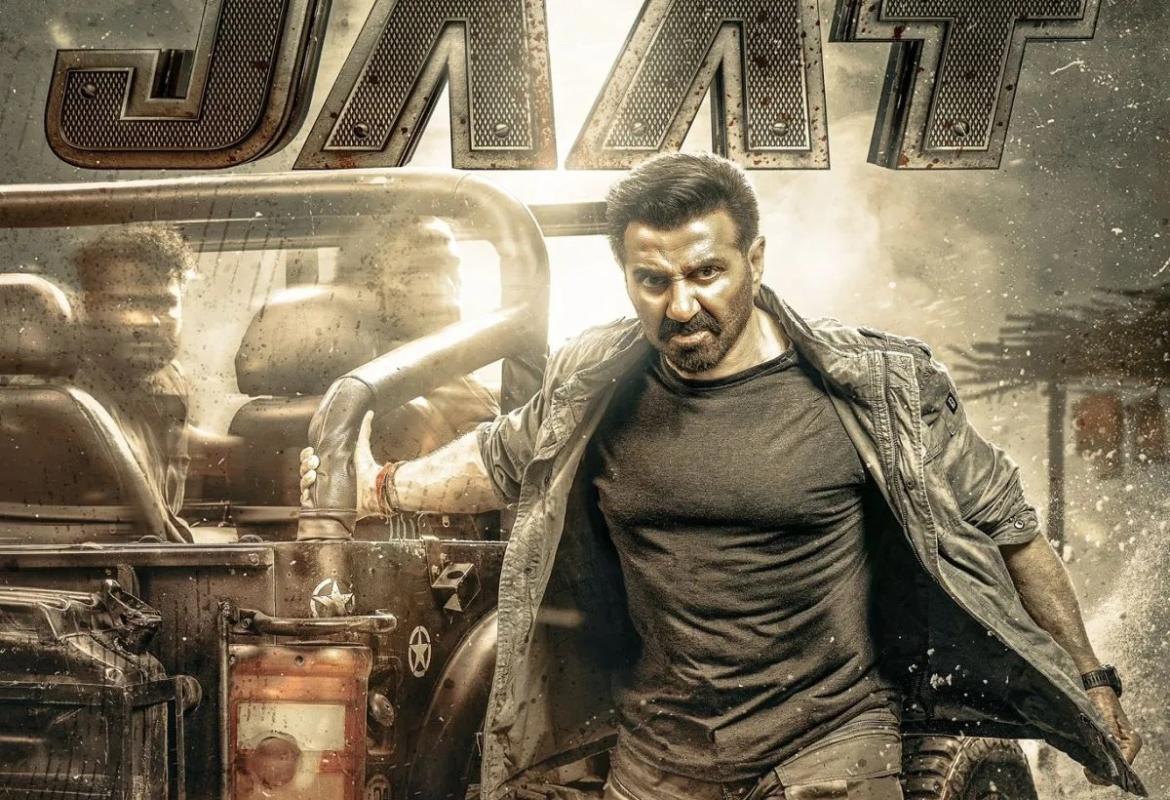Writing in the Diplomat, Taylor Dibbert said it was time for Sri Lanka’s political leadership to explain the content of the UNHRC resolution clearly to all its citizens and explain the importance of reforms.
Adding that Colombo “has been reluctant to take even small steps to reach out to the Tamil community,” Mr Dibbert questioned whether “worries over a Sinhala-Buddhist backlash would again be used to justify prevarication form those in power.”
Full piece reproduced below.
Sri Lanka’s new government, led by President Maithripala Sirisena, has now made a range of assurances via an extensive reform agenda and is now faced with the trickier task of implementation. Elections in January (when Sirisena defeated the increasingly authoritarian Mahinda Rajapaksa in his quest to win an unprecedented third term) and August parliamentary polls, combined with the recently passed UN Human Rights Council (HRC) resolution on Sri Lanka, have presented the country with an unanticipated opening.

